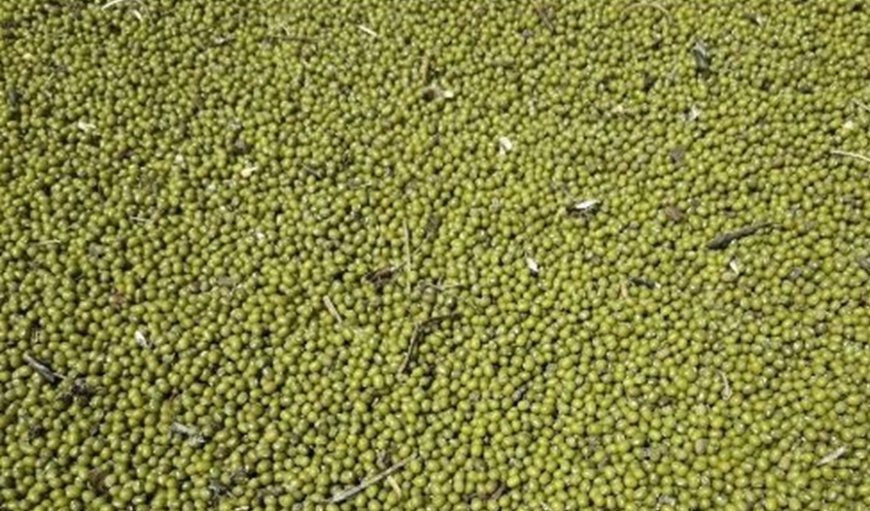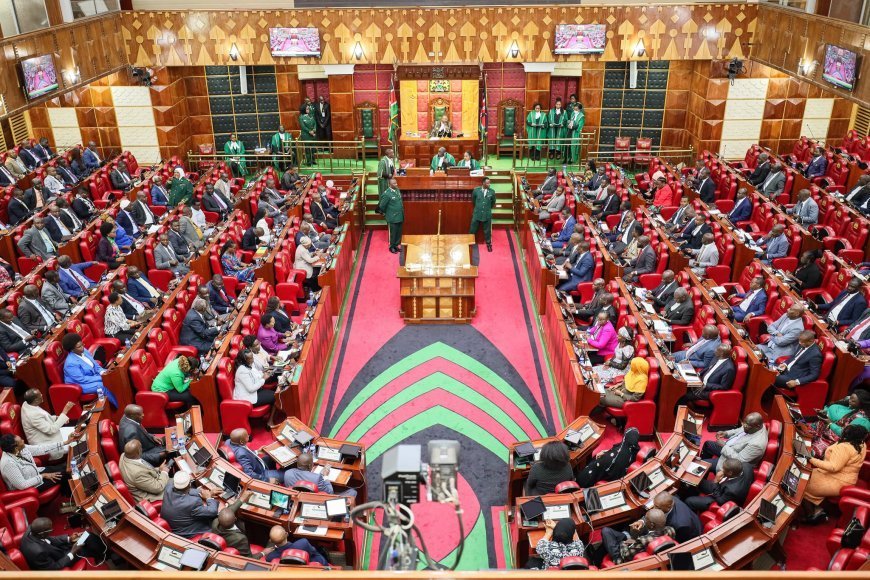MPs Reject Mung Beans Bill After Uproar Over Proposed Ksh1 Million Fine
The Mung Beans Bill, of 2022 was intended to establish a framework for regulating the production, processing, and marketing of mung beans, commonly referred to as ndengu, in Kenya

By Wangari Kuria (Farmer On Fire)
Members of the National Assembly on Tuesday, September 24 rejected the Mung Beans Bill 2022 at the second reading stage.
The Mung Beans Bill, 2022, co-sponsored by Mwingi North Member of Parliament (MP) Paul Nzengu in the National Assembly and originally sponsored by Senator Enoch Wambua in the Senate was published on December 30, 2022 and was read for the First Time in the Senate on February 15, 2023. The Bill was passed in the Senate and referred to the National Assembly on February 21, 2024.
The Mung Beans Bill, of 2022 was intended to establish a framework for regulating the production, processing, and marketing of mung beans, commonly referred to as ndengu, in Kenya, ensuring that it thrives both locally and internationally.
One of the principal aims of the Bill was to mandate that all farmers engaged in mung bean cultivation register with the appropriate County Executive Committee (CEC).

A bird's eye view of Parliament as of June 6, 2024. /PARLIAMENT OF KENYA
This would have facilitated the creation of a robust database for mung bean producers, detailing their locations, cultivation scales, and types of mung beans grown, a database that is crucial for evaluating potential production capabilities on both county and national levels.
Senator Wambua pointed out that the Bill called for registration among small and medium-sized mung bean farmers, similar to existing frameworks for other crops like tea and coffee.
According to Clause 8 (2) of the Bill, the objective of this registration was to assist the government in maintaining comprehensive records of mung bean growers, enabling a thorough evaluation of the crop’s overall potential.
Wambua highlighted that the legislation aimed not only to regulate but also to promote the ndengu industry, fostering its growth in both local and international markets.
In a broader context, he stressed the importance of farmers advocating against poor governance, in that when farmers disengage, it poses a serious threat to the country’s agricultural stability and overall well-being.
Next Steps
Following the rejection of the Mung Beans Bill, 2022 by the National Assembly, the Bill will be committed to a mediation committee. The Speakers of the National Assembly and the Senate will appoint an equal number of Members to a mediation committee to consider an agreed version of the Bill and communicate the decision to the other House in line with Article 113 of the Constitution.
The mediation committee has thirty (30) days to develop the mediated version of the Bill. Upon development of a mediated version of the Bill, the Mediation Committee will table in both Houses a Report on its consideration of the Bill and the mediated version of the Bill thereof for consideration by both Houses.
If both Houses approve the Report of the mediation committee and the mediated version of the Bill, the Bill is deemed to have been passed.
Uproar ensued on Thursday, August 15 following media reports that ndengu farmers would require licenses from the Agriculture and Food Authority (AFA) in the event the proposed Mung Beans Bill 2022 became law.
Senator Wambua clarified the reports and sought to address the following clause of the Bill: “A person shall not market, process or carry out large-scale trading in mung beans or mung bean products unless the person has obtained a licence from the relevant county government. A person who contravenes the provisions of subsection (1) commits an offence and is liable, on conviction, to a fine not exceeding one million shillings or to imprisonment for a term not exceeding two years or to both."
Mung beans or green grams are plant species in the legume family. The mung bean is mainly cultivated in East, Southeast and South Asia and is used as an ingredient in both savoury and sweet dishes.







